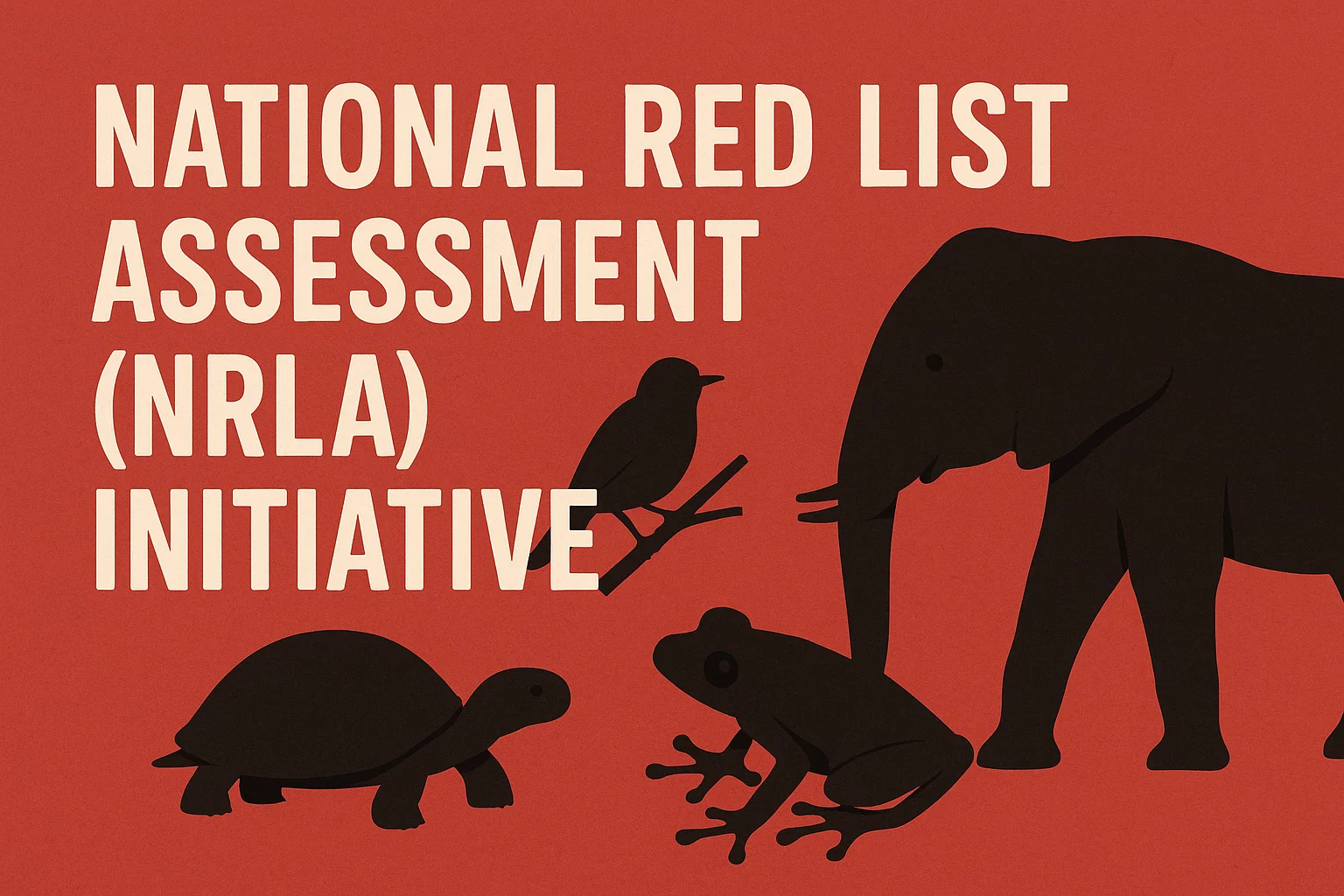Font size:
Print
G20’s Role in Global Renewable Energy
G20 countries could produce enough renewable energy for the whole world — what needs to happen
Context: The world’s richest economies have caused the most climate damage through fossil fuel use, so a global phase-out by 2050 is essential, and African nations must adopt long-term renewable plans and secure G20 financing to benefit.
Why Are G20 Countries Critical for Climate Change Mitigation?
- The G20, comprising 19 major economies, the European Union, and the African Union, represents 67% of the global population and 85% of GDP.
- They account for 87% of energy-related carbon dioxide emissions, making their shift to renewable energy vital to limit global warming.
- A global fossil fuel phase-out by 2050 is essential to mitigate further climate change damage.
What Is the Renewable Energy Potential of G20 Countries?
- G20 nations have 33.6 million km² for solar projects and 31.1 million km² for wind projects, sufficient to meet global 2050 electricity demand.
- Countries like Australia and Canada, major fossil fuel exporters, possess significant renewable energy potential.
- Coordinated investment and policy efforts are needed to realise this potential fully.
How Can G20 Support Africa’s Energy Transition?
- Africa can generate solar and wind power exceeding its 2050 electricity needs by developing just 3% of its potential.
- 600 million Africans lack electricity access, and new plants must prioritize renewables to align with Paris Agreement goals.
- South Africa, as G20 president, should advocate for renewable energy investments in Africa at COP30.
What Are the Main Obstacles to Renewable Energy Adoption?
- Finance: Securing funds for renewable energy systems is critical, particularly in Africa, where long-term energy policies are scarce.
- Regulations: Transparent, long-term policies are essential to attract investors and support solar and wind industries.
- Manufacturing Capacity: Developing local renewable technology production is vital for scaling deployment.
What Actions Should G20 Take at COP30 and Beyond?
- South Africa must push for reduced greenhouse gas emissions and increased renewable energy funding at COP30.
- G20 nations should establish fair carbon budgets, considering population, economic growth, and local renewable resources.
- Redirecting over $1.4 trillion in fossil fuel subsidies (2022) to renewables can accelerate the energy transition.
How Can Africa Benefit from G20 Collaboration?
- G20 support can fund microgrids and regional power pools to improve electricity access and connectivity in Africa.
- Developing renewable energy could enable Africa to export excess power, driving economic growth.
- Aligning with Agenda 2063, Africa can transition to a middle-income continent using renewable energy.
Why Is Global Cooperation Essential?
- G20 countries must lead by phasing out fossil fuels and investing in clean energy globally.
- Coordinated policies and investments can address grid bottlenecks, high borrowing costs, and technology shortages.
- Tripling renewable energy capacity by 2030, as pledged at COP28, requires unified global action.
What Is the Role of Regional Power Pools?
- Regional power pools, like the Southern African Power Pool, enable electricity sharing via interconnected grids.
- They balance supply and demand, reduce transmission losses, and integrate renewable energy sources like hydro and solar.
- G20 funding can enhance Africa’s power pools with smart meters and AI-driven grids to serve 600 million without electricity.
Why Is the G20 Criticised for Elitism?
- The G20, a self-selected group, excludes 90% of UN member states, limiting global representation.
- South Africa can form an African G20 consultative group to amplify regional voices and address climate debt owed to Africa.
What Is Climate Debt, and Why Does It Matter?
- Wealthy G20 nations, responsible for most emissions, owe a climate debt to Africa, which faces severe climate impacts.
- Action Aid estimates a $36 trillion debt to Africa, with only 5% of global climate finance reaching the continent.
- South Africa’s G20 presidency can push for debt restructuring and grants to fund climate-resilient African cities.
What Actions Should Be Taken?
- G20 must enforce fair carbon budgets, prioritising decarbonisation and renewable investments.
- Africa needs long-term energy policies and regulations to attract investors for solar and wind projects.
- South Africa aims to develop three cross-border energy projects and two renewable energy corridors by 2030.


